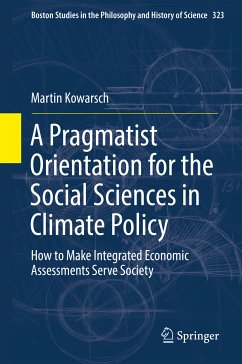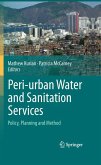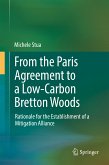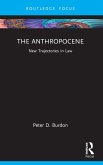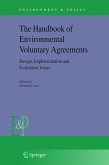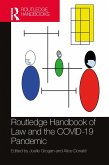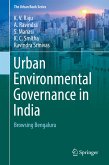While economic and other social science expertise is indispensable for successful public policy-making regarding global climate change, social scientists face trade-offs between the scientific credibility, policy-relevance, and legitimacy of their policy advice. From a philosophical perspective, this book systematically addresses these trade-offs and other crucial challenges facing the integrated economic assessments of the Intergovernmental Panel on Climate Change (IPCC). Based on John Dewey's pragmatist philosophy and an analysis of the value-laden nature and reliability of climate change economics, the book develops a refined science-policy model and specific guidelines for these assessments of climate policy options. The core idea is to scientifically explore the various practical implications of alternative climate policy pathways in an interdisciplinary manner, together with diverse stakeholders. This could facilitate an iterative, deliberative public learning process concerning disputed policy issues. This volume makes novel contributions to three strands of the literature: (1) the philosophy of (social) science in policy; (2) the philosophy of economics; and (3) debates about the design of scientific assessments, including the continuous IPCC reform debate. This work is thus interesting for philosophers and other scholars reflecting on the science-policy interface, but also for assessment practitioners, climate policy-makers, and economists. The science-policy approach developed in this volume has already influenced the recent socio-economic IPCC assessment.
Dieser Download kann aus rechtlichen Gründen nur mit Rechnungsadresse in A, B, BG, CY, CZ, D, DK, EW, E, FIN, F, GR, HR, H, IRL, I, LT, L, LR, M, NL, PL, P, R, S, SLO, SK ausgeliefert werden.

